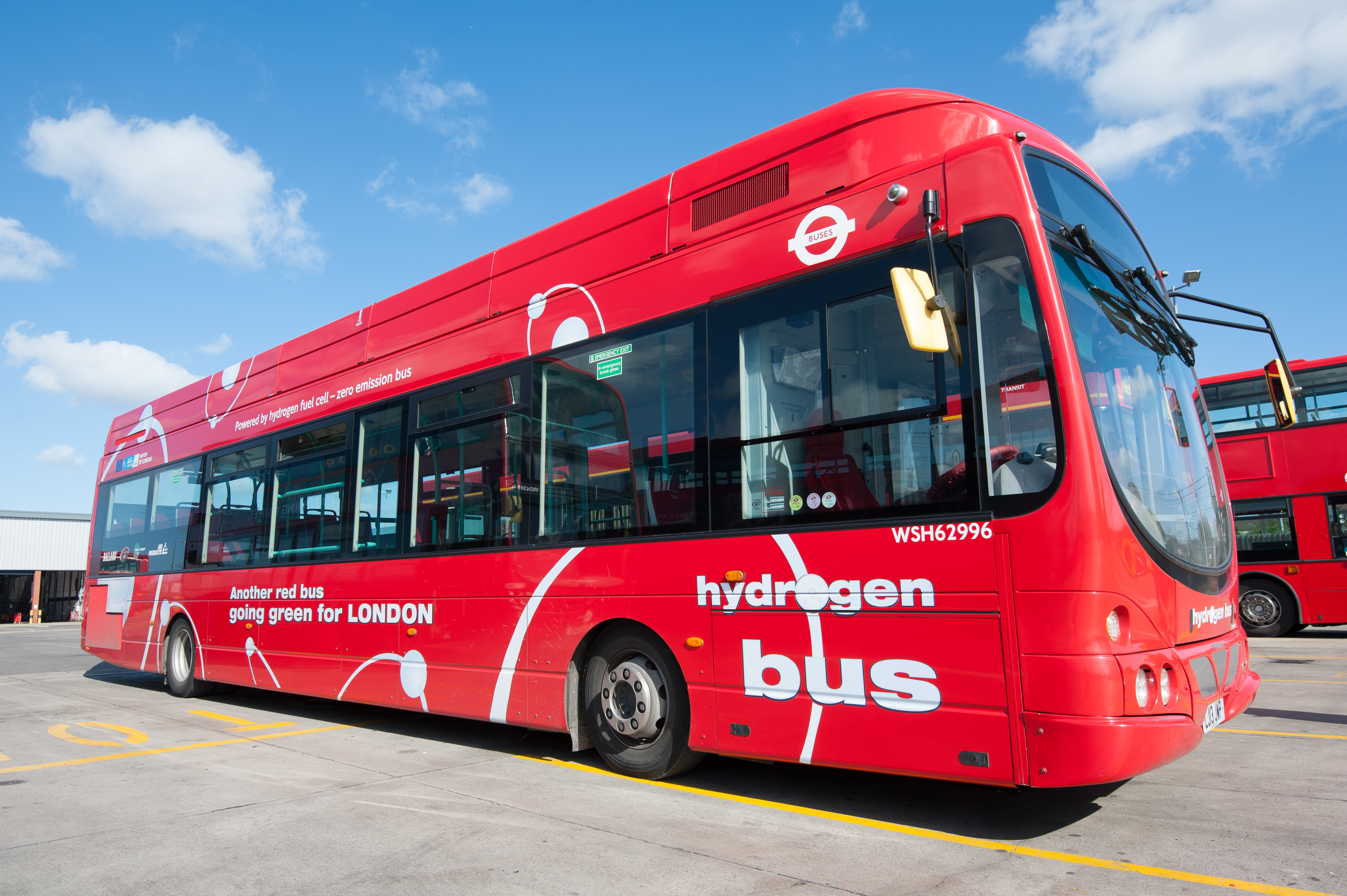
As the world strives to reduce emissions, power generation from renewables has emerged as a front runner in the low-carbon energy transformation. Today, renewables account for around a quarter of global power generation and 167 GW (more than the total installed electricity capacity of Brazil) were installed in 2017. Yet renewable energy’s role in sectors such as transportation and industry lags.
While electric vehicle (EV) sales continue to rise (IRENA believes more than one billion EVs may be on our roads by 2050 under a climate-safe path) electrifying transportation beyond cars, buildings and industry is less viable, thus hindering the role renewable energy can play in these sectors. Hydrogen produced by renewable energy may hold the key to successfully overcoming this challenge, and reducing end-use emissions.
Launched during IRENA’s Innovation Week, the agency’s latest technology outlook ‘Hydrogen from Renewable Power’ outlines the potentially pivotal role hydrogen may play in a deeper energy transition. And, while hydrogen is already widely used in facilities such as chemicals plants and refineries, by switching the fuel used to produce it from hydrocarbons to renewable electricity, it can become a carrier of renewable energy, complementing the role solar and wind play in power production.
Here’s why hydrogen could be critical:
- No economically viable option exists to reduce the carbon emissions produced by around one-third of the energy sector. Combustible fuels remain critical to transport and industrial practices from aviation to refining, where electrification is currently not suitable. This could make hydrogen from renewables the missing link in the transformation of the global energy system.
- Hydrogen from renewable energy can support higher shares of wind and solar energy in power sectors all over the world. Excess variable power (which is energy produced by intermittent wind and solar projects) can now be directed to hydrogen production and used in transport, industry or gas grid injection. Used in this way, hydrogen becomes a source of storage for renewable electricity, keeps power system flexible and helps to balance the grid.
- Hydrogen offers possibilities to tap high quality renewable energy resources. Often, the best solar and wind resources are located far from end-users in cities and major urban centres. Hydrogen, once produced, can be transported on land (like liquefied natural gas) as a global commodity unconstrained by grid connections.
- Hydrogen can take advantage of existing energy infrastructure. Up to a certain share, hydrogen can be injected into natural gas grids reducing the emissions of existing gas infrastructure, such as gas turbines for the power sector.
- Fuelled by hydrogen, fuel cell electric vehicles (FCEVs) offer consumers a low emission driving performance similar to a conventional vehicle when the hydrogen is produced from renewable energy sources. Fuel cells vehicles can complement electric vehicles, overcoming the weight, range and charging limitations associated with EVs.
- Hydrogen may become a key contributor to a potential 100 per cent renewable energy future. To get there however, costs reductions are necessary and only possible through economies of scale. With enabling policies and regulatory frameworks in place, more private investment will be stimulated allowing technologies to mature resulting in cost reductions.
From the expert:
Dolf Gielen, Director of the IRENA Innovation and Technology Centre
“Hydrogen may have a very important role to play in the energy transition particularly if it can improve its cost-competitiveness. We believe that is possible if the production process utilises low-cost renewable electricity such as from wind and solar facilities. Large, off-grid hydrogen projects that are directly connected to solar and wind farms developed in the most suitable locations can potentially supply low-cost, 100% renewable, hydrogen. That will be a critical development for our low-carbon future.”
Read the most up to date Fuel Cell and Hydrogen Industry news at FuelCellsWorks




